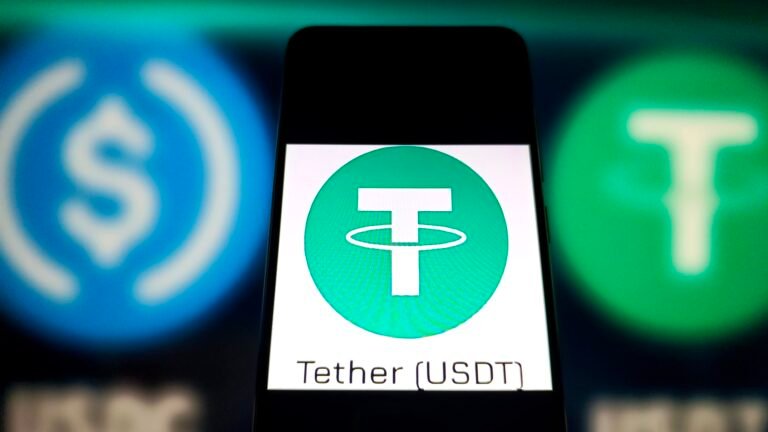Americans are tightening their belts, as concerns about tariffs, inflation, job security and market volatility have prompted many consumers to pare back their spending and increase their savings, financial experts say.
The U.S. personal saving rate — the percentage of disposable income that U.S. households save, after they pay taxes and spend money — has risen sharply this year, reaching 4.5% in May, according to Bureau of Economic Analysis data released Friday. That is slightly down from 4.9% in April, but up significantly from 3.5% in December.
Some consumers may be changing their financial habits from so-called “revenge spending” — the trend of splurging after the pandemic — to “revenge saving,” as they focus more on building savings and spending less. “No buy” challenges are going viral on social media platforms like TikTok and Reddit, as consumers vow to limit their discretionary spending, cut back on subscriptions and travel, and rebuild their savings.
A recent Vanguard survey found 71% of Americans polled plan to shift their savings approach this summer to prioritize emergency savings and flexibility.
The benefits of cash reserves
Financial advisors typically recommend consumers aim to set aside three to six months’ worth of living expenses as a cash cushion. But you might benefit from having more in some circumstances; for example, if you’re a one-income household or your pay is variable, experts say.
Having ample cash reserves improves overall financial wellbeing, according to Vanguard researchers.
“American workers are spending, on average, nearly seven hours each and every week thinking about their finances,” said Dina Caggiula, head of participant experience at Vanguard. “But if you have sufficient emergency savings, we can cut that number nearly in half.”
Grace Cary | Moment | Getty Images
Several factors are prompting consumers to be cautious and cut back, including fluid tariff negotiations, the prospect of higher inflation and interest rates lingering at higher levels longer than some expected, financial advisors and researchers say. Many Americans are also concerned about geopolitics and social unrest.
Some of the “revenge savings” trend is consumers wanting to amass cash to help shield themselves from unexpected cost increases in the future.
“This may be a lot of just defensive behavior or anticipatory behavior. I may not need the money today, but I’m going to get access to that money in case I need it a few months down the road,” said Charlie Wise, senior vice president and head of global research and consulting at TransUnion.
Saving with a long-term view
Workers are also increasing the share of pay they contribute to retirement savings plans, which has boosted the 401(k) savings rate to a record high.
Meanwhile, another report from Vanguard shows the average savings rate for employee deferrals was 7.7% in 2024, matching record-high levels from the previous year. More retirement plans are making it easier for workers to enroll and contribute through automatic enrollment and automatic escalation features.
“If you get money automatically out of people’s paychecks, kind of the same way taxes come out of people’s paychecks, if we can do that, most people end up saving a very high percentage of their income,” said Jeff Schneble, CEO of Human Interest, a San Francisco-based firm that helps small companies set up 401(k) services.
Correction: Human Interest is based in San Francisco. An earlier version misstated where the firm is located.
— CNBC Senior Producer Stephanie Dhue contributed reporting to this story.
SIGN UP: Money 101 is an eight-week learning course on financial freedom, delivered weekly to your inbox. Sign up here. It is also available in Spanish.










